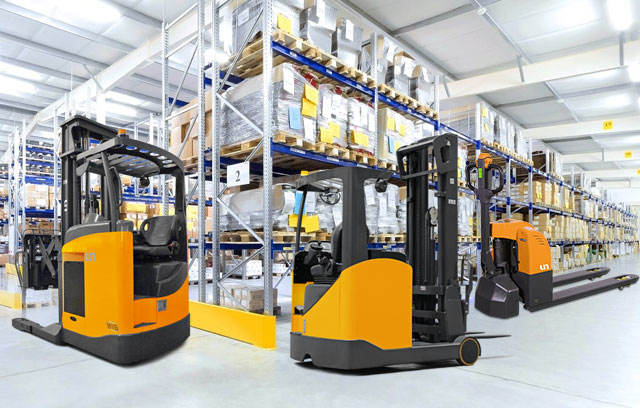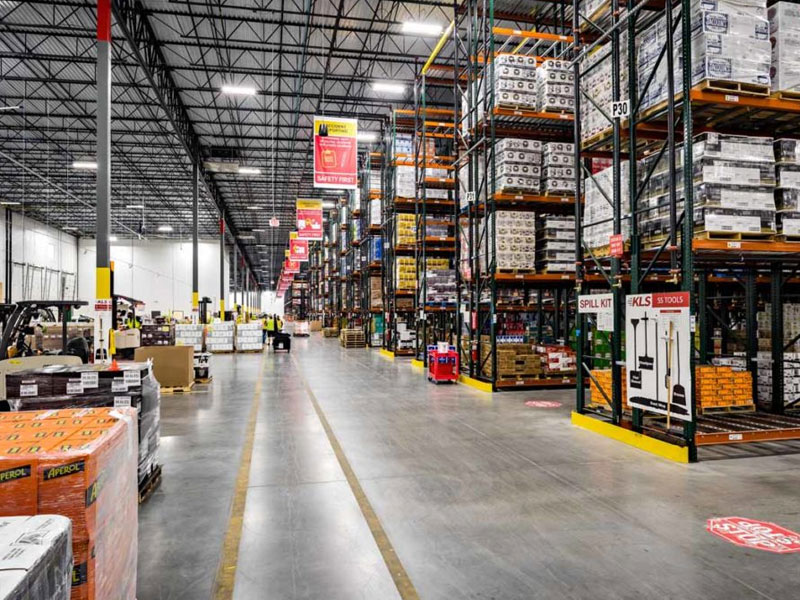The weather resistance of lithium forklifts can vary depending on the specific design and features of the forklift model. While lithium forklifts are generally designed to operate in a variety of conditions, it's essential to consider certain factors related to weather resistance:
Enclosures and Seals:
Many lithium forklifts are designed with enclosures and seals to protect critical components, including the battery and electronic systems, from exposure to the elements. Sealed components help prevent water and debris ingress.
IP Ratings:
Some lithium forklifts come with Ingress Protection (IP) ratings that indicate the degree of protection against solids and liquids. A higher IP rating signifies better protection. For example, an IP54 rating indicates protection against dust and water splashes.
Water-Resistant Components:
Certain components, such as connectors and electrical elements, may be designed to be water-resistant. This helps maintain the functionality of the forklift even when exposed to rain or wet conditions.
Corrosion-Resistant Materials:
The use of corrosion-resistant materials in the construction of lithium forklifts can enhance their ability to withstand exposure to moisture and harsh weather conditions over time.
All-Terrain Features:
Some lithium forklift models are designed with all-terrain features, allowing them to navigate outdoor surfaces, including uneven or unpaved areas. These features contribute to the forklift's adaptability in various weather conditions.
Cold Weather Performance:
Lithium forklifts typically perform well in cold weather compared to traditional lead-acid battery-powered forklifts. Cold temperatures can affect battery performance, and lithium-ion batteries are known for their ability to operate efficiently in a range of temperatures.
Built-in Heaters:
Certain lithium forklifts may come equipped with built-in heaters to ensure that the battery remains within the optimal temperature range in cold weather. This feature helps maintain battery efficiency and extends its lifespan.
Weatherproof Controls:
The controls and instrumentation on lithium forklifts may be designed to be weatherproof, protecting them from rain or snow and ensuring reliable operation in adverse weather conditions.
Despite these weather-resistant features, it's important for operators and businesses to follow manufacturer guidelines and recommendations for the safe operation and maintenance of lithium forklifts in different weather conditions. Regular inspections, proper storage, and adherence to specified operating temperatures contribute to the longevity and reliability of lithium forklifts, particularly when used in outdoor settings where they may be exposed to varying weather elements.











 中文简体
中文简体 عربى
عربى Español
Español














